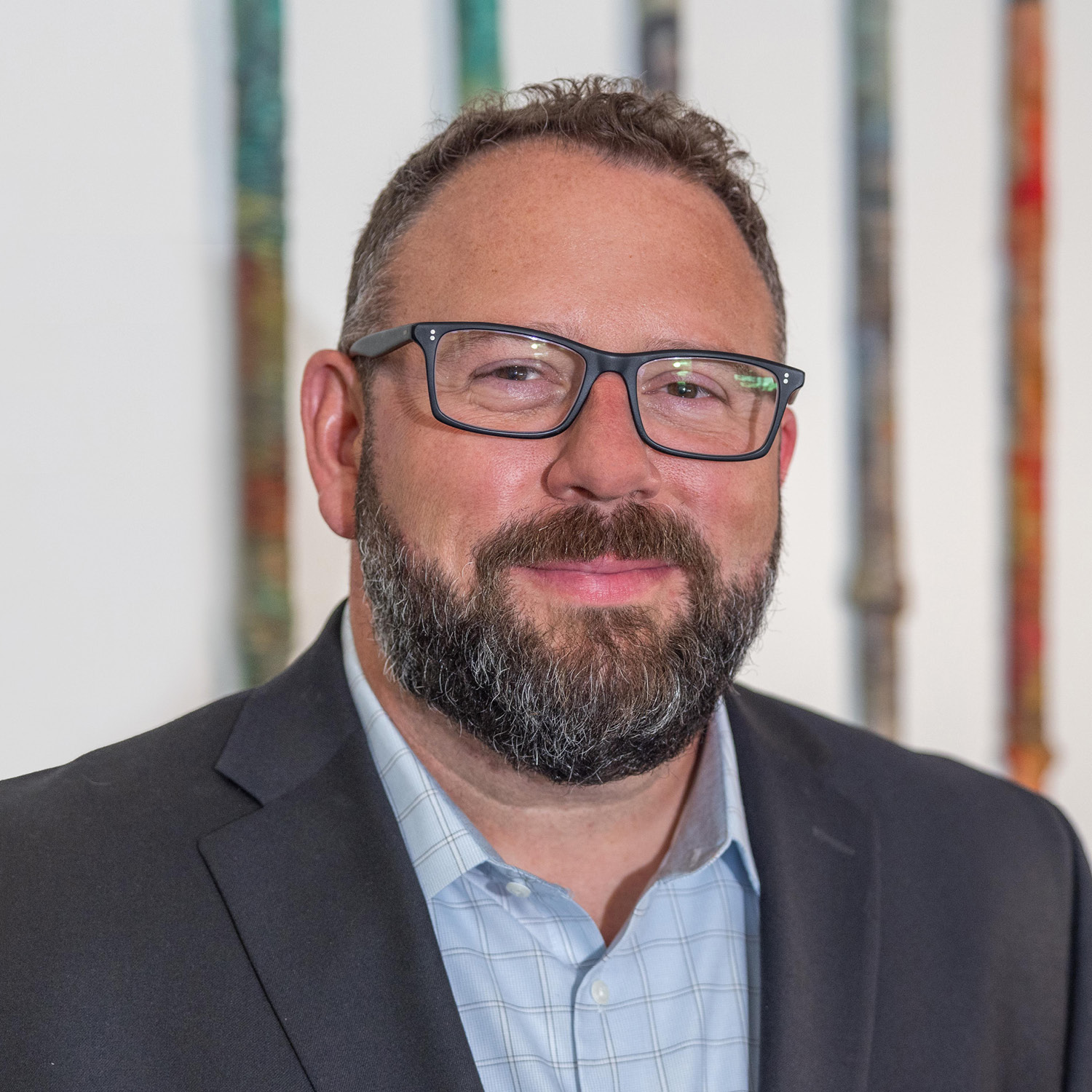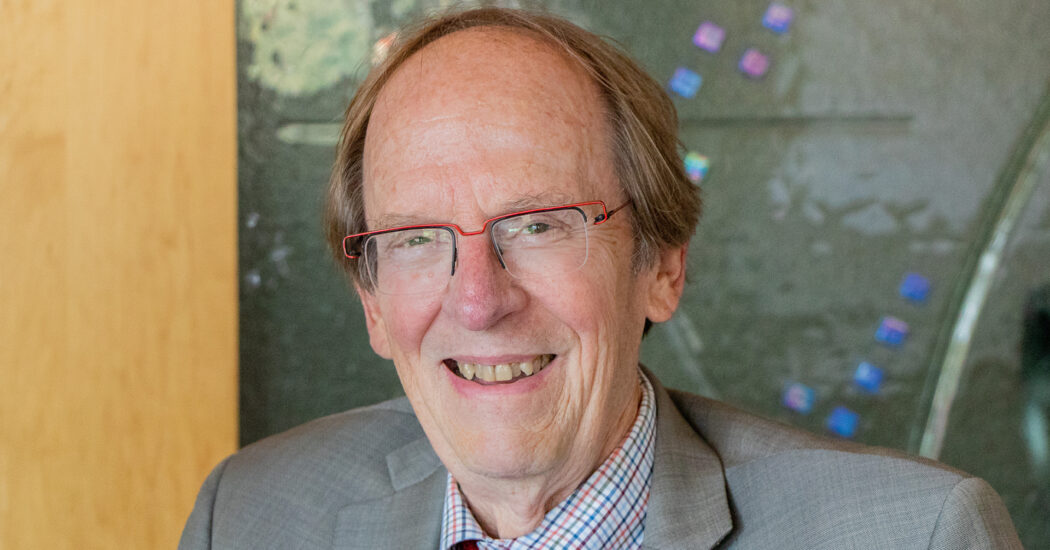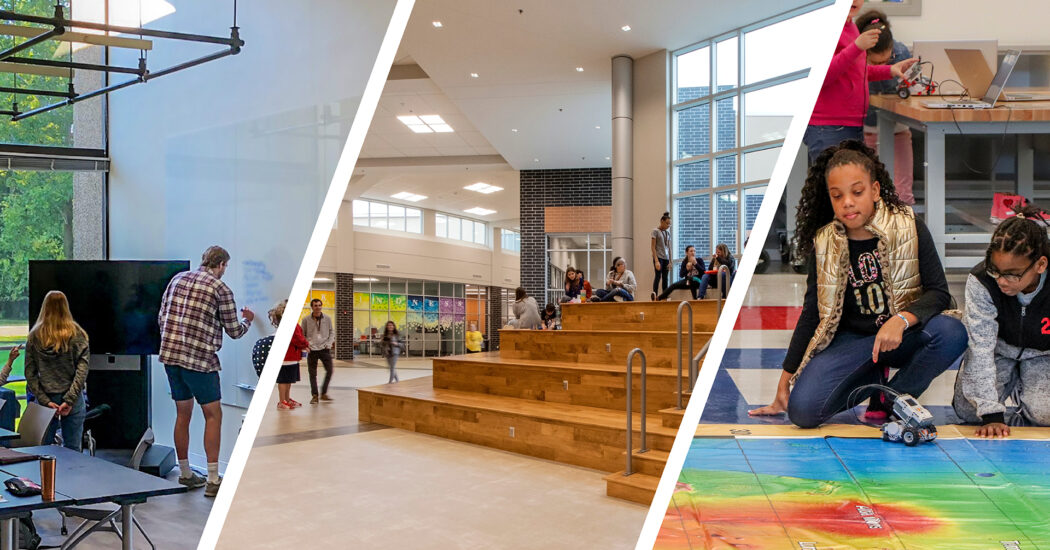Mentorship Matters: A Conversation with Schmidt Associates CFO Brett Quandt
-
Category
Careers + Culture, Leadership -
Posted By
Schmidt Associates -
Posted On
Feb 12, 2024

As a firm dedicated to working effectively with clients and delivering on their goals, we know that it starts with mentoring our own people and empowering them with tools they need to successfully deliver positive outcomes for Owners. Among our talented leadership team is a figure known not only for his financial acumen but also for his remarkable mentorship skills—Brett Quandt, our Chief Financial Officer, a revered mentor both within Schmidt Associates and in the broader Central Indiana community.
Mentorship is central to our firm’s success. Team members are guided and nurtured. Our goal is to assure every individual feels valued, understood, and supported. Brett embodies this philosophy through his uncomplicated, yet profoundly effective, approach to mentorship.
In this exclusive Q&A, we asked Brett about his mentoring approach. His commitment goes beyond mere professional advice, encompassing a holistic view of mentorship that focuses on the individual needs and happiness of each mentee. Follow along as Brett shares more insights on the art of mentorship, the challenges and rewards it presents, and his vision for fostering a supportive and thriving community.
In your own words, what’s it like to mentor someone?
In my mind, it is a big deal. You are involved with a person’s career and their livelihood. You must take it seriously, work in the best interests of the mentee, and build trust. When you take this approach, everyone is better for it, and we all succeed.
What techniques do you employ to develop your teams?
The approach I take is highly individualized. But with everyone, I always listen with intent, constantly assess, and push my teams to be stronger. It really is mutually beneficial when I do so. When someone achieves their goals, it is not just a win for them, but also for the organization and the vision we established together.
Why is mentoring critical to individual and organizational success?
Because it is a sounding board and a chance to advocate for the mentee. When we mentor others, we move in the same direction, we can focus on positives, while uncovering opportunities for growth and development.
Can you cite any project examples where mentoring resulted in a successful outcome for an Owner?
Everyone I mentor is indirect staff, but that said, the accounting being accurate benefits all clients, as does our technology systems working correctly.
How does Schmidt Associates’ mentorship approach set the firm apart in the AEC industry and strengthen a regional presence?
We strive for our mentorship and staff development to be a differentiator, and we have received that feedback in our recruiting efforts.
Do you have any favorite stories of how your mentoring has impacted a mentee’s career?
I have several. The two employees I have mentored the longest are Denise Hughbanks and Debie Seifert. Their development has been significant. Schmidt Associates didn’t use to pay for parking, but Denise saw a need to change that, and she presented a plan to leadership and got it approved. That was big, and it has continued to be a good benefit for our employees. When Parveen Tai became one of my mentees, she showed interest and initiative in becoming an associate of the firm. I pushed her, gave her encouragement, and offered suggestions on ways to meet her goal. When Lauren Strandlund started with us, her role was a lot different. Today, she is our resident Deltek Vision expert, and she has become a trusted advisor. With the Information Security team, I took steps to improve the atmosphere and advocated for more responsiveness. I have worked with Roger Higgins, Jr., on communication and taking credit for his wins. I have mentored Jarrod Wisely into a team leader. Sa’adiya Tai started with us as an intern, and I hired her full time as an IS specialist. It has been a lot of fun working with her and helping her develop a trajectory. Same with Anthony Bates who is our current IS intern, and it has been neat getting to learn how his experiences in school have helped him on the job. Mackenzie Burton joined the finance team over a year ago from a different industry. I have worked a lot with her on teaching and development, and it has been enjoyable watching her grow.
How do you build trust with your teams?
By being consistent, communicating often, staying true to my word. It lets mentees know I have their back, and that builds trust. I communicate regularly with my teams while taking the time to get to know them beyond the work that they do. That adds value because they know I care.
One of your mentees said she respects you because you push her to be stronger and give her different perspectives. How do you encourage your teams to step outside their comfort zones so that they can be their best?
That comes down to showing a general interest in who they are and helping them realize what they can be. It also helps them when they know that I know things and if I do not have the answers, that I am willing to find out. The role of a mentor is about finding out things and being an advocate. The mentee’s role is the desire to grow by receiving feedback and being open to different perspectives.
Was there anyone in your career who mentored you and gave you good advice?
Yes. I have had a lot of great mentors over time who have developed me in my career. That started with my parents. My dad ran a civil engineering firm that I worked in before coming to Schmidt Associates. Dad’s work ethic was strong, and I adopted it. I knew Wayne Schmidt before I came to work for the firm and he was familiar with my approach, so he hired me. Wayne and Ron Fisher were both tremendous mentors who I always picked things up from. Tom Neff has a personality that is completely opposite of mine, but I opened myself up to learning from him, and over time I started recognizing themes such as beginning with the end in mind and always starting with a vision. Before I joined the firm, Schmidt Associates never had a CFO, so from Ron, Wayne, and Tom, I learned to work with a plan, how to understand what is most important, and how to keep calm in tough times. Each of them taught me something different and I am forever grateful.
How often do you meet with your mentees and how are you helping them to establish and meet their goals?
Continually. My teams know I am always available if they need anything or want to check in. Each week, I host team meetings. Once a month, I get everyone out of the office for a team lunch with no formal agenda. It is just an opportunity for fellowship and to catch up with everyone. I also have individual quarterly meetings with everyone. During the fall career pathing sessions, I have individual lunches or breakfasts with everyone to do a check-in. In the spring, it is more formal, but I find that preparing them early is important to foster learning and development. I take the same approach with some of the nonprofit leaders I mentor, and what I have found is they have taught me a lot about nonprofit work. That has been a wonderful experience, and mentoring in general has been extremely rewarding.







